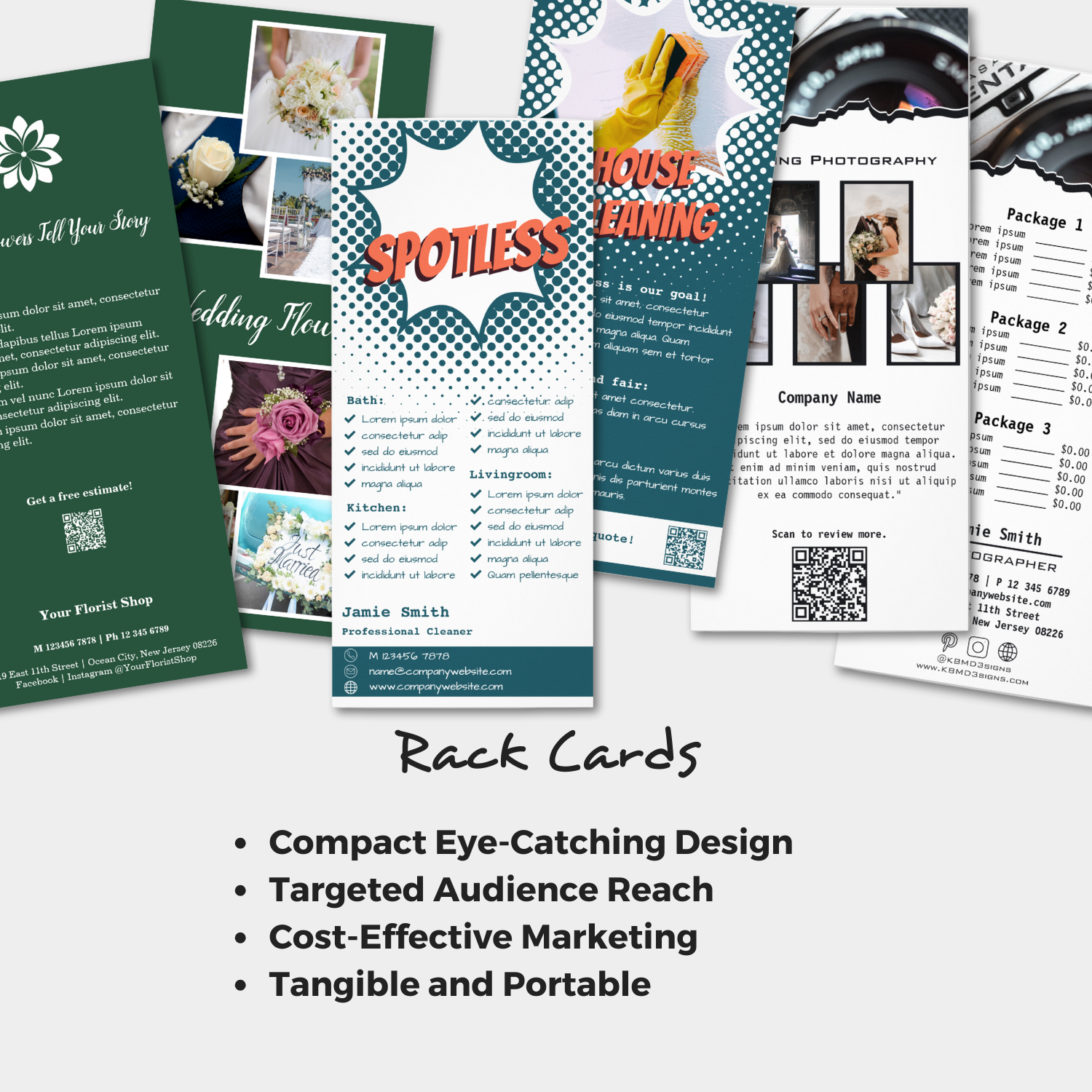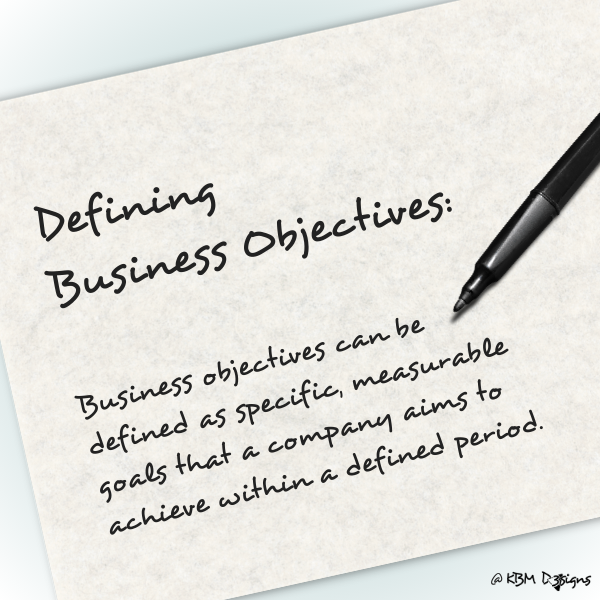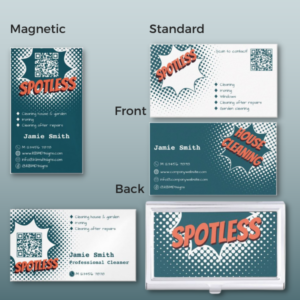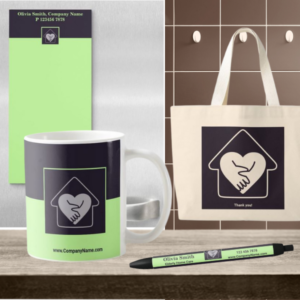What is a focus group market research? It is a potent tool that can level the playing field for small businesses.
In the bustling small business landscape, understanding consumer preferences, behaviors, and needs is crucial for success. While large corporations often have the resources to conduct extensive market research, small businesses may find themselves at a disadvantage due to limited budgets and manpower.

What is a Focus Group?
A focus group is a qualitative research technique where a diverse group of individuals, typically representative of the target market, is brought together to discuss and provide feedback on a specific product, service, or concept. These sessions are usually moderated by a skilled facilitator who guides the conversation while encouraging participants to share their thoughts, opinions, and experiences openly.
Article content:
1. Why Focus Group Market Research?
For small businesses, understanding their target audience is paramount. While quantitative data such as surveys and analytics provide valuable insights, they often lack the depth and nuance that qualitative methods like focus groups offer. Here’s the purpose of focus group market research for small businesses:
- Insight into Consumer Preferences: Focus groups delve deep into understanding what drives consumer preferences and purchasing decisions. By directly engaging with participants, small businesses can uncover valuable insights that may not surface through other research methods.
- Feedback on Product Development: For small businesses developing new products or services, feedback from focus groups can be invaluable. These sessions provide an opportunity to test prototypes, gather feedback on features, and identify areas for improvement before launching to a wider audience.
- Understanding Pain Points: Small businesses often operate in niche markets where understanding consumer pain points is crucial. Focus groups allow businesses to identify and address these pain points effectively, helping them tailor their offerings to meet the specific needs of their target audience.
- Competitive Advantage: By conducting focus group research, small businesses can gain a competitive edge by understanding what sets them apart from competitors. This insight can inform marketing strategies, product positioning, and overall business decisions.
- Building Customer Relationships: Engaging directly with customers through focus groups fosters a sense of connection and loyalty. Participants appreciate being heard and valued, which can translate into long-term customer relationships and brand advocacy.
Expand on the Purpose of a Focus Group Market Research…
Tips for Conducting Focus Group Market Research
While focus group research offers numerous benefits, it’s essential to approach it strategically to maximize its effectiveness. Here are some tips for small businesses embarking on focus group market research:
- Define Clear Objectives: Clearly outline the objectives of the focus group sessions and the specific information you hope to gather. This will guide the discussion and ensure that you obtain relevant insights.
- Select the Right Participants: Carefully select participants who represent your target market in terms of demographics, preferences, and behaviors. Diversity within the group can provide a more comprehensive understanding of your audience.
- Prepare Thoughtful Questions: Develop a set of open-ended questions designed to elicit detailed responses from participants. Avoid leading questions that may bias the discussion and strive to encourage candid feedback.
- Facilitate Engaging Discussions: A skilled moderator is essential for facilitating productive focus group sessions. They should create a comfortable environment, encourage participation from all participants, and steer the conversation toward the research objectives.
- Analyze and Act on Insights: Once the focus group sessions are complete, analyze the findings carefully and identify key takeaways. Use these insights to inform business decisions, refine products or services, and enhance the overall customer experience.
Expand on how to conduct focus group market research…
All in all, focus group research is a valuable tool for small businesses looking to gain a deeper understanding of their target audience and a competitive edge in the marketplace. By leveraging the insights gained from these sessions, small businesses can refine their offerings, build stronger customer relationships, and position themselves for long-term success.
2. The Purpose of a Focus Group Market Research?
The purpose of focus group market research is multifaceted and serves several key objectives for businesses:
Gaining In-Depth Insights:
Focus groups provide an opportunity to delve deeper into consumer perceptions, attitudes, beliefs, and preferences regarding products, services, brands, or specific marketing campaigns. The interactive nature of focus groups allows for rich, qualitative data collection that goes beyond surface-level responses.
Understanding Consumer Behavior:
By observing and analyzing group dynamics, verbal and non-verbal cues, and group interactions, businesses can gain a better understanding of consumer behavior. Focus groups help uncover the motivations behind consumer choices, purchasing decisions, and brand loyalty, providing valuable insights for market segmentation and targeting strategies.
Testing New Ideas and Concepts:
Focus groups are an effective way to test new product concepts, prototypes, or marketing strategies before launching them to a wider audience. Businesses can gauge initial reactions, gather feedback, and identify potential areas for improvement or refinement based on participant responses.
Exploring Perceptions and Brand Image:
Focus groups provide a platform for exploring consumer perceptions of a brand, its products, or its competitors. Businesses can uncover strengths, weaknesses, opportunities, and threats to their brand image, helping to inform branding strategies, messaging, and positioning in the market.
Identifying Market Trends and Opportunities:
By engaging with target consumers in a group setting, businesses can identify emerging market trends, changing consumer preferences, and unmet needs within their industry. These insights can inform product innovation, business development strategies, and competitive positioning in the marketplace.
Informing Marketing and Communication Strategies:
Focus groups provide valuable input for developing and refining marketing campaigns, messaging strategies, and communication tactics. Businesses can test different advertising concepts, slogans, visuals, and promotional materials to assess their effectiveness and resonance with the target audience.
Validating Quantitative Research Findings:
Focus groups can complement quantitative research methods, such as surveys or market analytics, by providing qualitative context and depth to numerical data. Businesses can use focus group findings to validate quantitative research findings, gain a more comprehensive understanding of consumer behavior, and identify areas for further investigation.
Overall, the purpose of focus group market research is to inform strategic decision-making, drive business growth, and enhance customer satisfaction by gaining actionable insights into the needs, preferences, and behaviors of target consumers.
3. How to find focus groups?
For a small business looking to conduct focus group market research, finding participants and organizing sessions can seem like a daunting task. However, there are several strategies you can employ to locate and recruit participants for your focus groups:
Tap Into Existing Customer Base:
Start by reaching out to your current customer base. Customers who are already familiar with your brand and products/services can provide valuable insights. You can send out emails, newsletters, or social media posts inviting interested customers to participate in focus groups.
Utilize Social Media:
Leverage social media platforms such as Facebook, Twitter, and LinkedIn to recruit participants for your focus groups. You can create targeted ads or posts to reach individuals who match your target demographic criteria. Encourage interested individuals to fill out a survey or contact you directly to express their interest in participating.
Partner with Local Organizations:
Collaborate with local community organizations, universities, or business associations to recruit focus group participants. These organizations may have access to diverse groups of individuals who fit your target market profile. Reach out to them to inquire about potential partnership opportunities or participant referrals.
Offer Incentives:
Incentivize participation by offering rewards or incentives to focus group participants. This could include gift cards, discounts on products/services, or exclusive access to new offerings. By providing value to participants, you can increase the likelihood of recruitment and engagement.
Online Focus Groups:
Consider conducting virtual focus groups using online platforms and tools. This allows you to reach a wider audience beyond your local area and eliminates geographic constraints. You can recruit participants through online forums, social media groups, or specialized market research platforms.
Recruit through Networking:
Utilize your professional network to recruit focus group participants. Reach out to colleagues, industry contacts, or business partners who may be willing to participate or help spread the word to their networks. Personal referrals can be an effective way to attract high-quality participants.
Attend Local Events:
Attend local events, trade shows, or community gatherings where your target audience is likely to be present. Use these opportunities to engage with potential participants, distribute flyers or promotional materials, and collect contact information from interested individuals.
Online Market Research Panels:
Consider partnering with online market research panels or agencies that specialize in recruiting participants for focus groups. These platforms have established networks of individuals who are willing to participate in market research studies in exchange for compensation.
By employing a combination of these strategies, small businesses can effectively recruit participants for their focus groups and gather valuable insights to inform their business decisions and strategies. It’s essential to approach recruitment with a clear understanding of your research objectives and target audience to ensure that you attract relevant and engaged participants.
4. How To Conduct Focus Group Market Research? – Guide
Conducting focus group market research as a small business can be a powerful tool for gaining valuable insights into your target audience’s preferences, needs, and behaviors.
Here’s a step-by-step guide on how to conduct focus group market research effectively:
1. Define Your Objectives:
Start by clearly defining the objectives of your focus group research. Determine what specific questions you want to answer or what information you aim to gather. Whether it’s testing a new product idea, exploring customer preferences, or understanding perceptions of your brand, having clear objectives will guide the entire research process.
2. Identify Your Target Audience:
Identify the demographic and psychographic characteristics of your target audience. This includes factors such as age, gender, income level, interests, and purchasing behaviors. Understanding your target audience will help you recruit the right participants for your focus groups.
3. Recruit Participants:
Recruit participants who match your target audience criteria. This can be done through various methods, including reaching out to your existing customer base, leveraging social media channels, partnering with local organizations, or using online market research panels. Offer incentives, such as gift cards or discounts, to encourage participation.
4. Plan the Logistics:
Determine the logistics of your focus group sessions, including the location, timing, and duration. Choose a comfortable and neutral venue where participants can freely express their opinions. Decide on the number of sessions needed based on your research objectives and budget constraints.
5. Develop a Discussion Guide:
Create a discussion guide outlining the topics and questions you want to cover during the focus group sessions. The guide should be structured yet flexible, allowing for organic conversation and exploration of relevant issues. Include open-ended questions that encourage participants to share their thoughts and experiences.
6. Conduct the Focus Group Sessions:
On the day of the focus group sessions, ensure that all logistical arrangements are in place. Introduce the moderator and set the ground rules for the discussion. Facilitate the conversation, encourage active participation from all participants, and ensure that everyone has an opportunity to contribute.
7. Capture Data and Insights:
Record the focus group sessions through audio or video recording, or by taking detailed notes. Capture key insights, observations, and participant reactions to the discussion topics. Pay attention to recurring themes, unique perspectives, and areas of consensus or disagreement among participants.
8. Analyze the Findings:
After the focus group sessions are completed, transcribe the recordings and analyze the data. Look for patterns, trends, and insights that emerge from the discussions. Use qualitative data analysis techniques, such as coding and thematic analysis, to identify common themes and extract meaningful insights.
9. Interpret the Results:
Interpret the findings of your focus group research in the context of your business objectives. Consider how the insights gathered can inform your product development, marketing strategies, customer experience initiatives, or overall business decision-making.
10. Take Action:
Finally, use the insights gained from the focus group research to inform actionable steps for your business. Implement changes, refine strategies, or develop new initiatives based on the findings. Continuously monitor and evaluate the impact of these actions, and be prepared to iterate and adapt as needed.
By following these steps, small businesses can effectively conduct focus group market research to gain valuable insights and drive business growth and success.
Discover the Uniqueness of Designs by KBM D3signs on Marketing Materials
Our commitment to our mission is reflected in our exceptional marketing materials designed by KBM D3signs. We strive to simplify the customization process by offering easily customizable templates within our marketing packages. Our belief is rooted in the idea that everyone should have the freedom to choose their preferred colors for a selected design, ensuring that it perfectly matches your vision and needs.
At the Cocoon It! Store by KBM D3signs on Zazzle puts all the branding elements and color schemes in your hands. Whether you’re choosing products with a QR code – where the second color is limited to black or white for optimal contrast – or exploring the vast array of customizable elements through the “Edit further” link, your brand’s unique identity is yours to define.
We use color tools to help you choose the perfect hues, and for additional inspiration, explore our curated collection of color palette ideas. Our commitment to customization goes beyond placeholders-almost all elements can be customized to match your chosen colors.
If you need additional assistance customizing or transferring designs to different products, or if you have a unique vision that requires a custom design, we are just a message away. At Designs by KBM D3signs, we go beyond providing marketing materials; we empower you to shape and showcase your brand with creativity and personalization.
Shop at Zazzle Store
Cocoon It! – Business Cards & Marketing Items
5. What Are The Benefits Of Focus Groups?
Focus groups offer several benefits for small businesses, providing valuable insights and strategic advantages that can help drive success in a competitive market:
In-Depth Understanding of Customer Needs:
Focus groups allow small businesses to gain a deep understanding of their target customers’ needs, preferences, and pain points. By directly engaging with participants, businesses can uncover valuable insights that may not be apparent through other research methods.
Cost-Effectiveness:
Compared to large-scale quantitative research studies, focus groups can be a more cost-effective option for small businesses with limited budgets. They require fewer resources in terms of time, money, and manpower, making them accessible to businesses of all sizes.
Flexibility and Adaptability:
Focus groups offer flexibility in terms of research design and execution. Small businesses can tailor the discussion topics, participant selection criteria, and session formats to suit their specific research objectives and budget constraints.
Rapid Feedback and Iteration:
Focus groups provide an opportunity for small businesses to gather rapid feedback on new product ideas, marketing strategies, or business concepts. By testing prototypes or concepts with a small group of participants, businesses can iterate and refine their offerings before investing significant resources in full-scale development or implementation.
Personalized Customer Insights:
Focus groups enable small businesses to engage directly with their target customers in a personalized and interactive setting. This direct interaction fosters a sense of connection and trust, allowing participants to express their opinions openly and candidly.
Competitive Advantage:
By conducting focus group research, small businesses can gain a competitive advantage by better understanding their target market and competitors. Insights gained from focus groups can inform strategic decisions, differentiate offerings, and identify niche opportunities in the market.
Enhanced Decision-Making:
Focus group findings provide small businesses with actionable insights that can inform key business decisions, such as product development, marketing strategies, pricing strategies, and customer service initiatives. This data-driven approach can lead to more informed and effective decision-making processes.
Building Customer Relationships:
Engaging customers in focus groups demonstrates a commitment to listening and responding to their needs, which can strengthen customer relationships and loyalty over time. Participants appreciate being valued and heard, fostering a positive perception of the business and its brand.
Overall, focus groups offer numerous benefits for small businesses, providing a cost-effective and flexible way to gain valuable insights, inform strategic decisions, and build stronger relationships with customers in a competitive marketplace.
-

How to Incorporate Custom Leisurewear into Your Team’s Uniform
Read the post …: How to Incorporate Custom Leisurewear into Your Team’s Uniform -

The Art of Small Business Signage: Making a Big Impression
Read the post …: The Art of Small Business Signage: Making a Big Impression -

What Is A Rack Card? – How To Boost Your Small Business
Read the post …: What Is A Rack Card? – How To Boost Your Small Business
6. FAQs About Focus Groups
A focus group is a qualitative research method where a small group of individuals, typically 6-10 participants, is brought together to discuss specific topics or issues under the guidance of a trained moderator.
Focus groups are typically conducted in a structured format where participants are asked open-ended questions related to the research topic. The moderator facilitates the discussion, encourages participation, and ensures that all participants have the opportunity to share their thoughts and opinions.
The purpose of a focus group is to gather in-depth insights, opinions, and perceptions from participants on a particular topic or concept. These insights are used to inform decision-making, product development, marketing strategies, and other business initiatives.
Focus group participants are typically selected based on specific criteria related to the research objectives, such as demographics, behaviors, or preferences. Participants should represent the target audience or population relevant to the research topic.
Focus group sessions typically last between 60 to 90 minutes, although the duration can vary depending on the complexity of the topic and the depth of discussion required.
Focus group findings are analyzed by reviewing transcripts or recordings of the sessions and identifying recurring themes, patterns, and insights. Qualitative data analysis techniques such as coding and thematic analysis are often used to extract meaningful information from the discussions.
Focus groups offer several advantages, including the ability to generate rich, qualitative data; facilitate group dynamics and interaction among participants; and uncover insights that may not emerge through other research methods.
Despite their benefits, focus groups also have limitations, including the potential for groupthink or dominant participants to influence the discussion, limited generalizability of findings to larger populations, and the need for skilled moderation to ensure productive sessions.
Focus groups differ from other research methods such as surveys or interviews in that they involve group interaction and discussion among participants. This allows for the exploration of diverse perspectives and the generation of new ideas in a collaborative setting.
Businesses can use focus groups effectively by clearly defining research objectives, selecting appropriate participants, preparing thoughtful discussion guides, facilitating engaging sessions, and analyzing findings rigorously to inform decision-making and strategy development.
-

What Is A Brand Partnership? – A Small Business Perspective
Read the post …: What Is A Brand Partnership? – A Small Business Perspective -

What Are Business Objectives?” Perspective Of A Small Business
Read the post …: What Are Business Objectives?” Perspective Of A Small Business -

What Is A Focus Group Market Research? – SMB Perspective
Read the post …: What Is A Focus Group Market Research? – SMB Perspective











